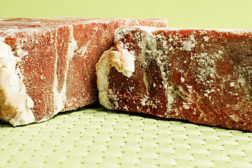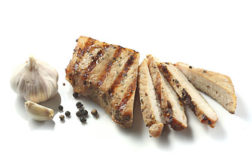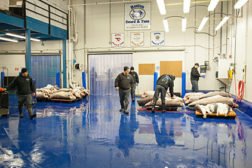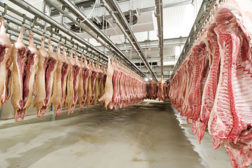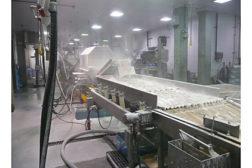Meat and Poultry Processing
How America depends on rail
Find out how today’s rail providers, port authorities and boxcar manufacturers are teaming up to provide U.S. cold food processors with the most efficient and sustainable ways to transport goods.
Read More
Processing Tech
High-tech answers to slaughtering challenges
Slaughterhouses leverage newer technologies to become more productive and effective and to enhance animal welfare.
Read More
Stay ahead of the curve. Unlock a dose of cutting-edge insights.
Receive our premium content directly to your inbox.
SIGN-UP TODAYCopyright ©2024. All Rights Reserved BNP Media.
Design, CMS, Hosting & Web Development :: ePublishing



